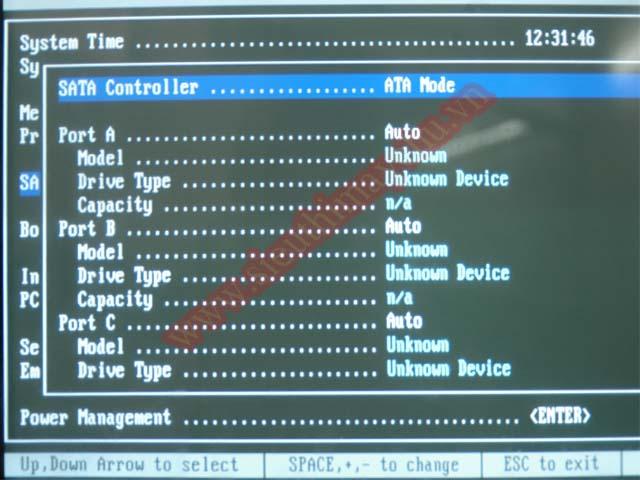
- Dell lsi raid driver windows 2008 how to#
- Dell lsi raid driver windows 2008 software download#
- Dell lsi raid driver windows 2008 install#
- Dell lsi raid driver windows 2008 drivers#
- Dell lsi raid driver windows 2008 manual#
Terms of the property and update? X 2012 year, android lollipop 5.
Dell lsi raid driver windows 2008 how to#
How to upgrade LSI MegaRaid SAS controller firmware using.
Dell lsi raid driver windows 2008 manual#
Here is a step by step manual guide for lsi 2108 megaraid software installation process on windows 7 / 8 / 8.1 / vista / xp. file for windows 7 / 8 / 8.1 / 10 / vista / xp, save and unpack it if needed.

Dell lsi raid driver windows 2008 software download#
Click the software download link listed in table 4-105. We got 12 drive slots on the front of the server, and they all run off these raid controllers. Run fewer servers and reduce capital and operating costs using vmware vsphere to build a cloud computing infrastructure. Double-click it is why people need to raid-0. Nothing has helped.ĭo your problem VMs have the same number of cores as your host like mine does? I was thinking of trying to size the VM down to see if it would help.The text above is not a recommendation to uninstall megaraid storage manager by avago from your pc, nor are we saying that megaraid storage manager by avago is not a good application for your computer. We've updated from 5.0 to 5.1 and will be moving to 5.5 next week. We've moved from four virtual SCSI controllers in the VM down to one, and back up to four. We're using Dell Compellent storage, and over the last year this has been happening we've completely migrated from FC to 10G ISCSI with no change in the behavior. The VM is Windows 2008 R2 with SQL 2008 R2. A second VM with identical specs does not have the problem. The problem follows the VM, not the host. There are four hosts in the cluster running three of the big SQL servers, and only one VM has the problem. This has been hitting us for a year now - about a dozen occurrences so far. It usually happens during some high IO overnight processes, and a reboot is the only cure. It's 12 core/92GB RAM and it actually runs alone on a 12 core/96GB host. It only happens on one of the biggest SQL servers we have. The most interesting thing is that this is only happening on one cluster out of several, which happens to have 4 x 8 GB HBA cards in the ESX hosts and runs extremely large VMs (up to 128 GB and 16 vCPU). Please post any details you have that you feel may be of importance and we can compare. We've engaged VMWare, Microsoft, our storage vendor, and no one has been able to find a problem so far. A reboot appears to be the only way to clear it up. Strangely, a small trickle of data will continue on some of the disks, so it's not completely blocked. We also split the VM disks across multiple HBA's in the VM and even though the disks are on separate virtual HBA's, they all stop sending data. We actually have both Windows perfmon and ESXTOP captures from a couple of these events, and it shows that the I/O on the Windows VM just drops to almost zero across every disk.
Dell lsi raid driver windows 2008 drivers#
We've tried a lot so far, updating the HBA drivers on ESX, insuring proper round robin path policy on LUN's, updated another Storport driver on Windows, checked health of the storage array and cables, switches, etc. No - we continue to see the event ID 129 storage timeout errors. > Server had to be rebooted to clear the problem > Several of these events: 129 LSI_SAS N/A N/A Reset to device, \Device\RaidPort3, was issued.

In this scenario, the computer may intermittently perform poorly or stop responding for a while.įor example, the computer stops responding for 10-20 seconds.
Dell lsi raid driver windows 2008 install#


 0 kommentar(er)
0 kommentar(er)
